 The Rekhi Innovation Challenge is a crowdfunding competition to promote and support student innovation and entrepreneurship through the use of Superior Ideas.
The Rekhi Innovation Challenge is a crowdfunding competition to promote and support student innovation and entrepreneurship through the use of Superior Ideas.
The team that raises the most money will receive a monetary match, up to $5,000, and additional awards will also be offered. The challenge will run from November 10 through March 31.
Projects must be submitted by 3pm November 3 in order to enter into the competition. For additional information on the challenge, contact Natasha Chopp.
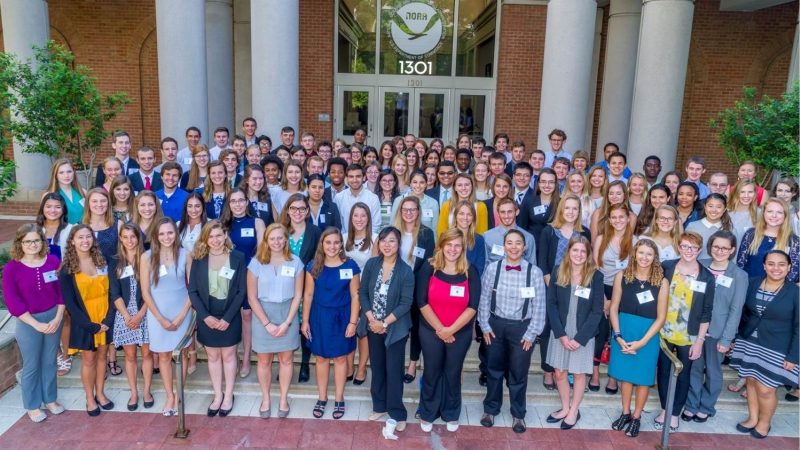
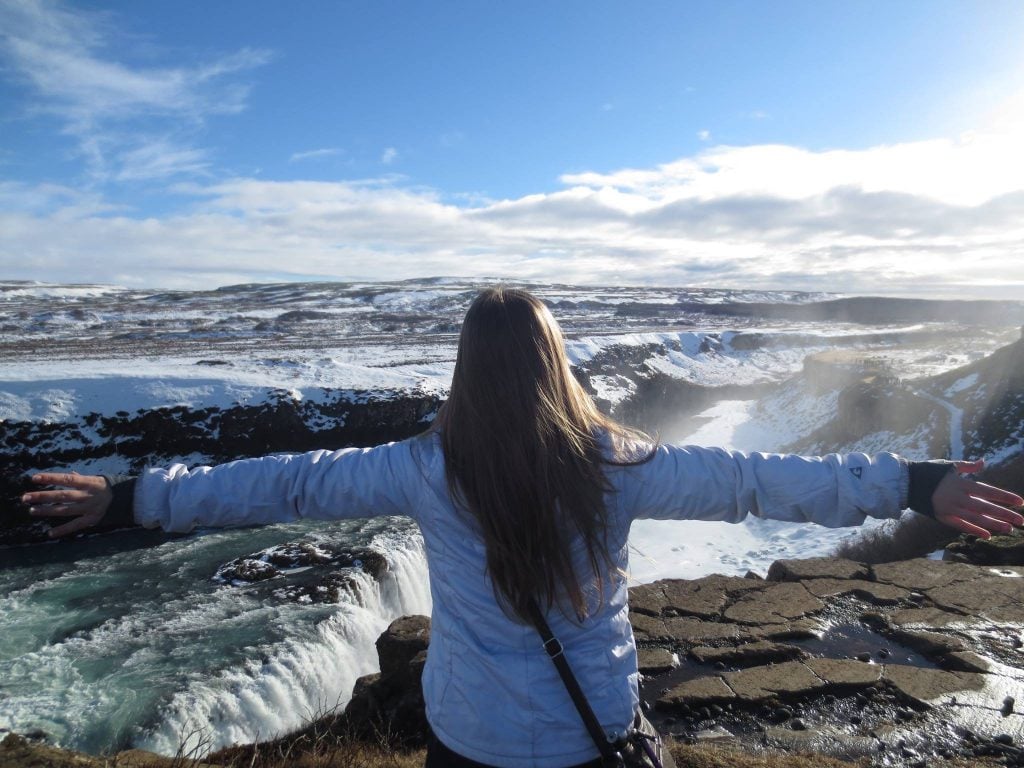

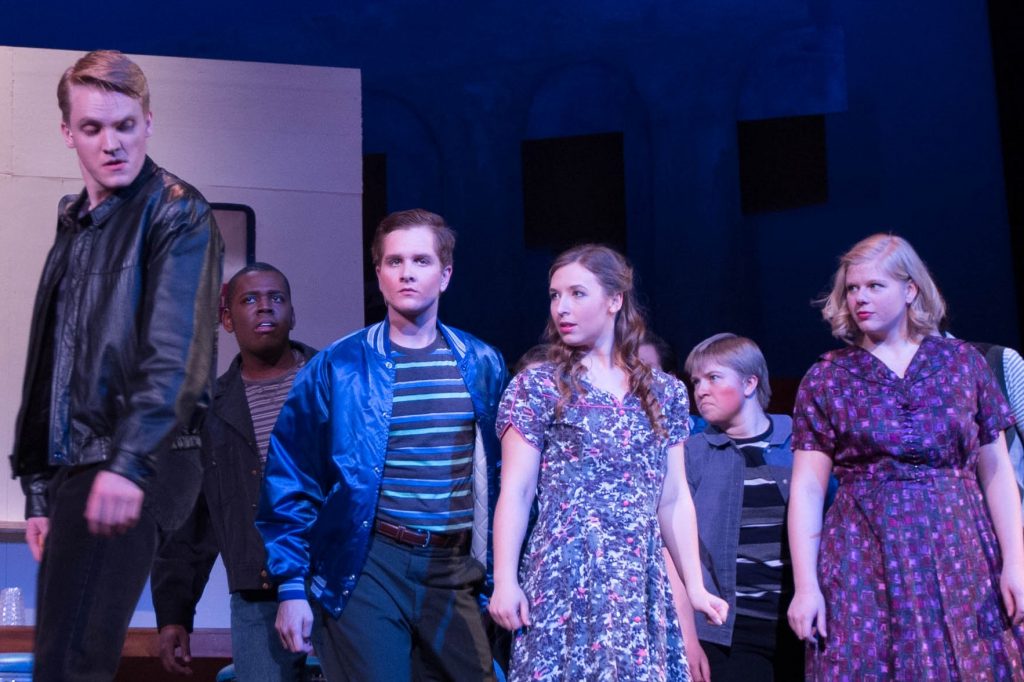
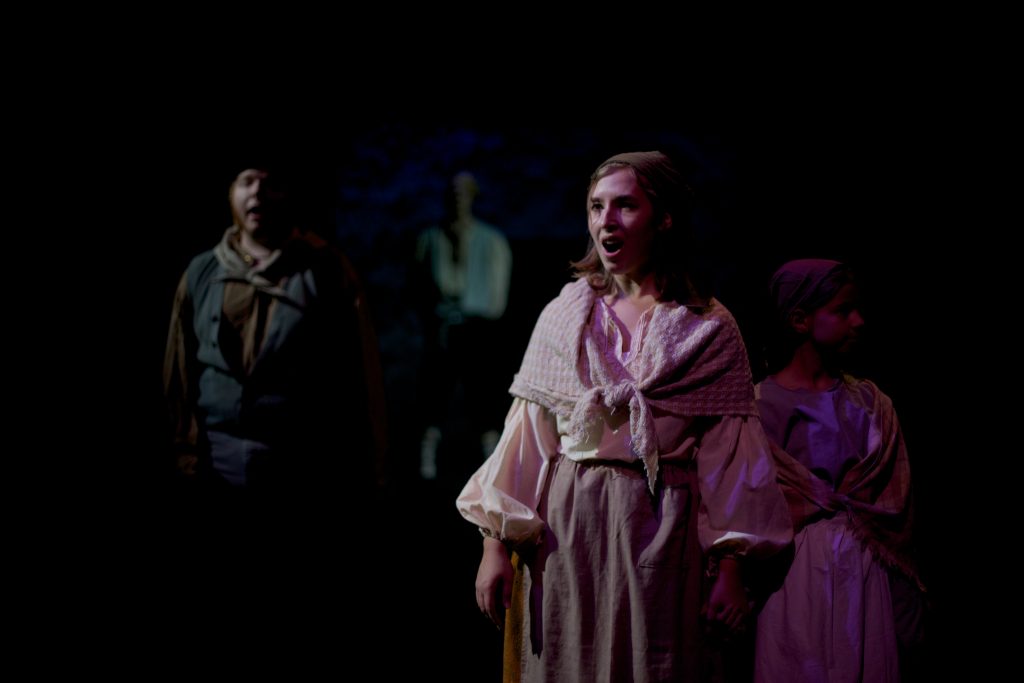
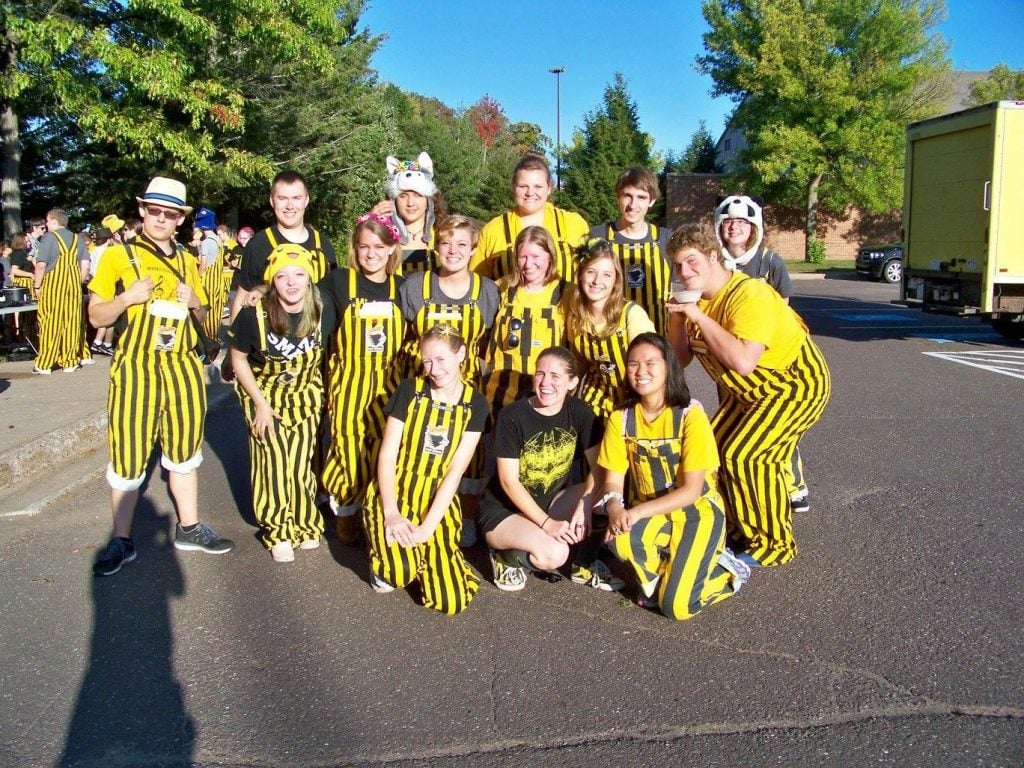
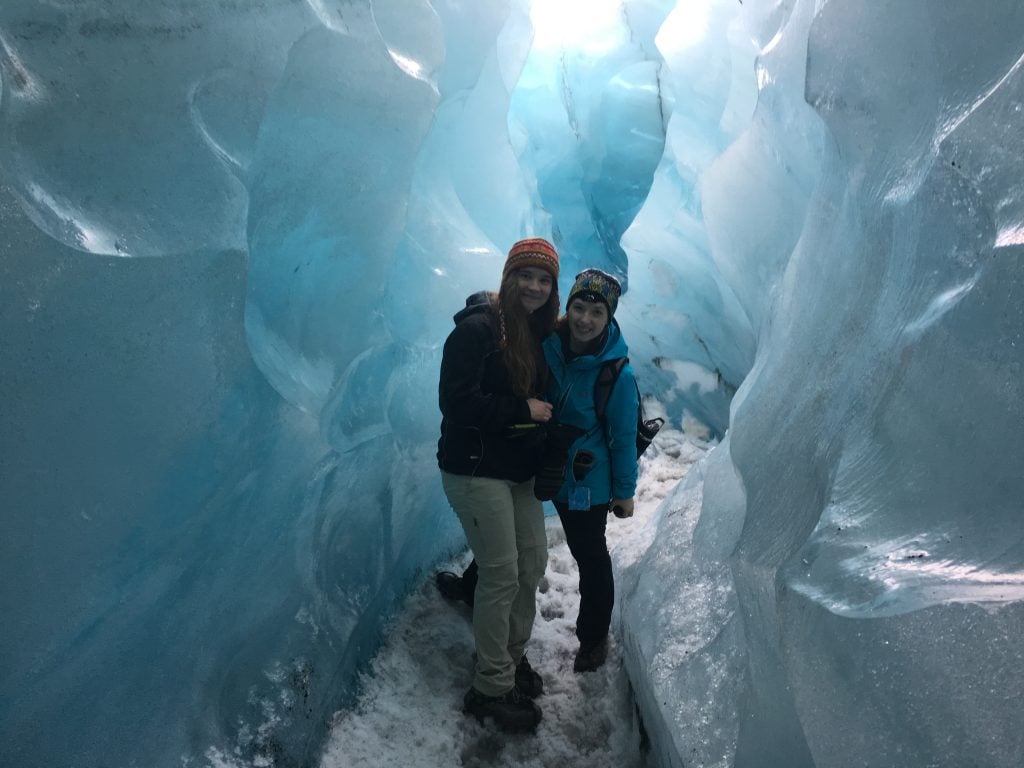
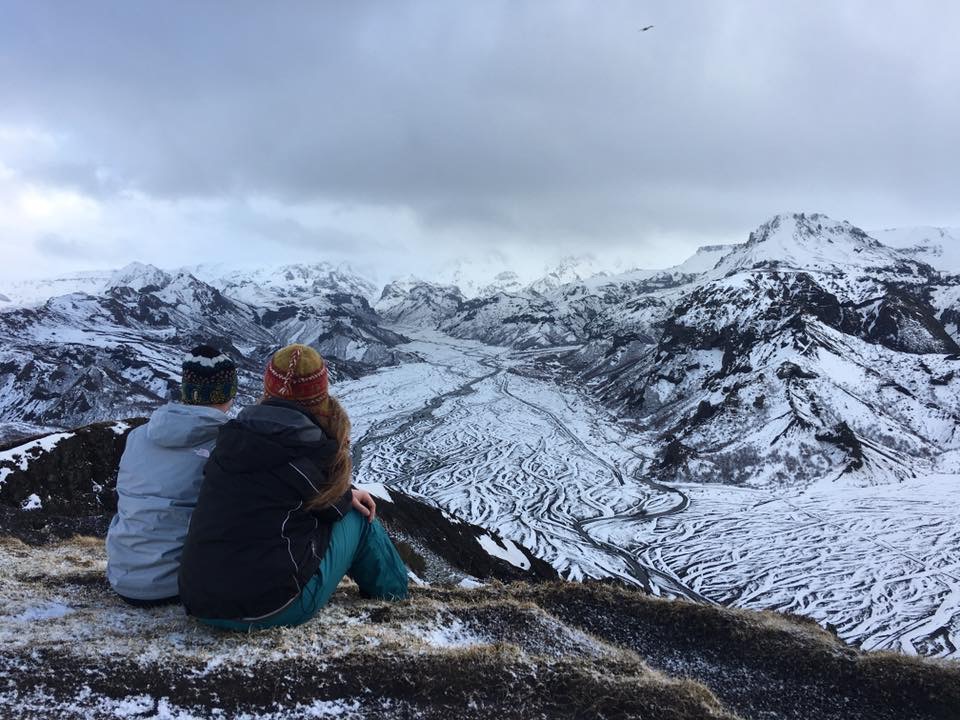
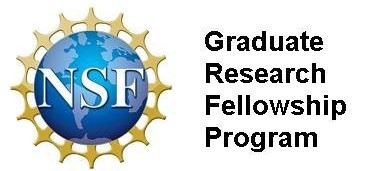
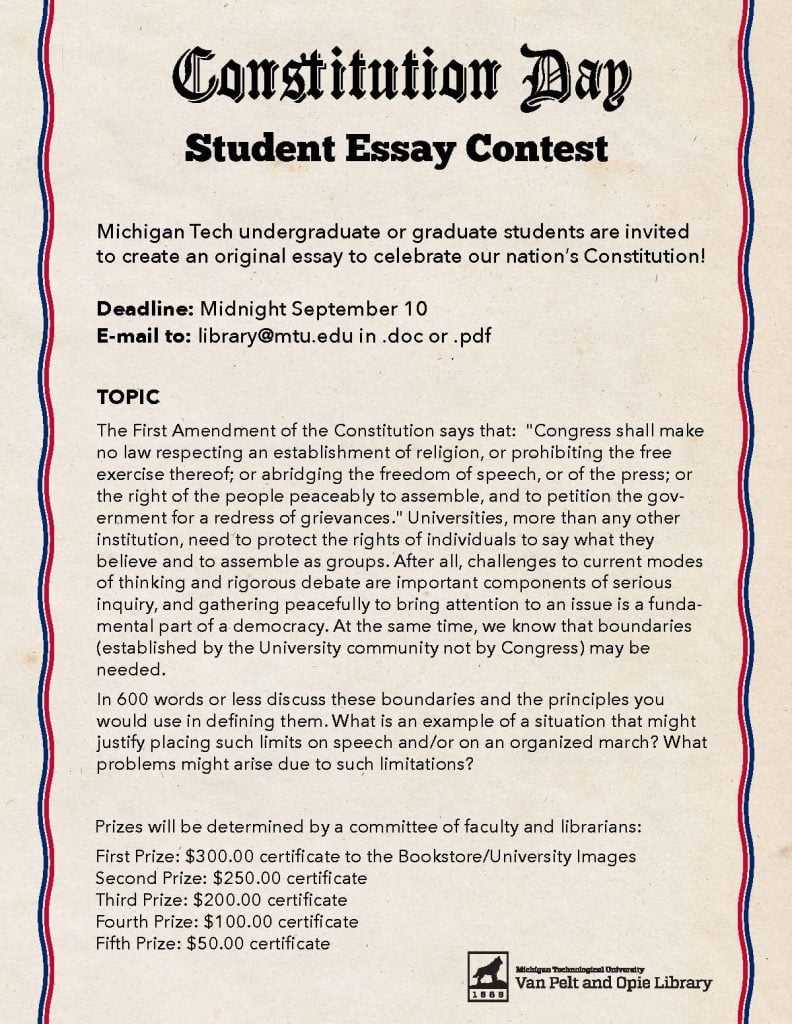













 Continuing our work at KITAYOSCE this last week, we worked more with the youth on their football skills, and especially stressed teamwork and communication, both on and off the football pitch. As the kids got more comfortable working with us, the games and scrimmages got a lot more laid back and enjoyable. KITAYOSCE, in addition to working with youth to develop their skills, also have a young adult team, and are a feeder for some of the Tanzanian professional teams. As such, they are always looking for ways to improve their online image, as well as their football skills. To this end, we were able to leave one of the KITAYOSCE executive board members with two action cameras, as well as instructions on how to use them. They will be able to use the cameras to capture game film for later review, as well as make promotional videos for their Facebook page. We know they will be well used!
Continuing our work at KITAYOSCE this last week, we worked more with the youth on their football skills, and especially stressed teamwork and communication, both on and off the football pitch. As the kids got more comfortable working with us, the games and scrimmages got a lot more laid back and enjoyable. KITAYOSCE, in addition to working with youth to develop their skills, also have a young adult team, and are a feeder for some of the Tanzanian professional teams. As such, they are always looking for ways to improve their online image, as well as their football skills. To this end, we were able to leave one of the KITAYOSCE executive board members with two action cameras, as well as instructions on how to use them. They will be able to use the cameras to capture game film for later review, as well as make promotional videos for their Facebook page. We know they will be well used!
